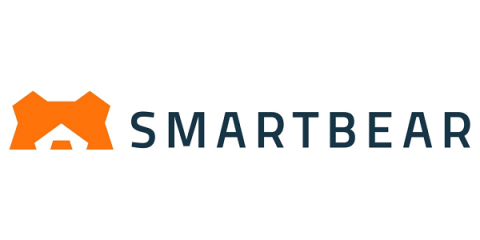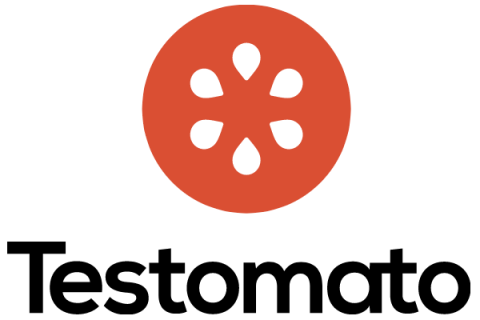Browser & System Updates - July 2019
Here at Ghost Inspector, we're continually rolling out new browser versions and automation logic updates. However, this month we've got a number of big changes launching at once and I wanted to discuss each in a little more detail. Here's a rundown of what's being added or changed — and how it might affect your tests.











